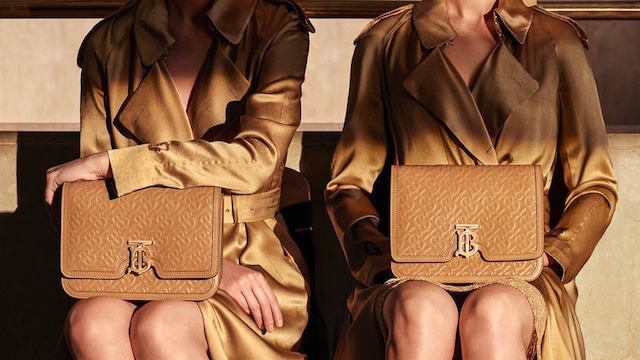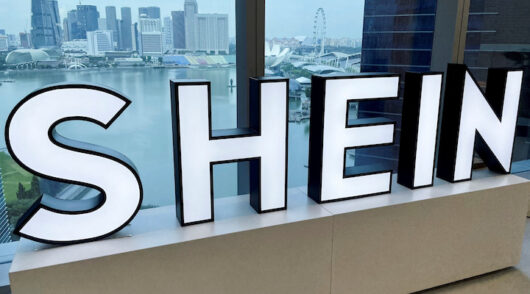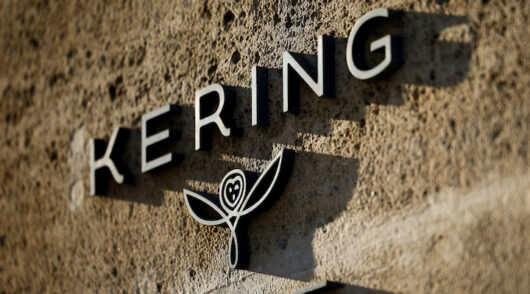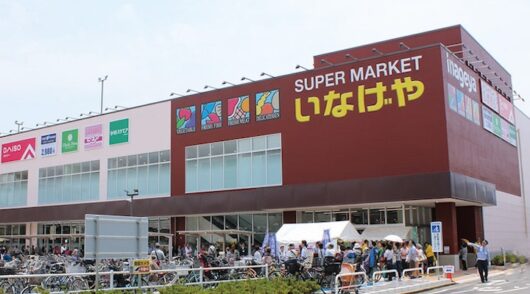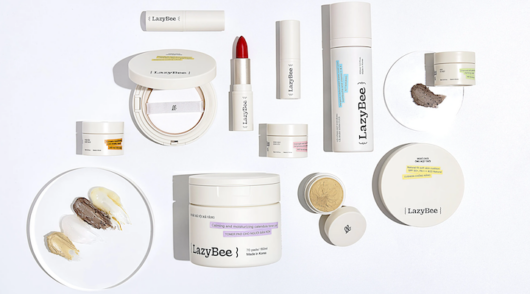Luxury fashion label Burberry was delivering growth in sales and profitability ahead of expectations last year – until Covid-19 stopped the momentum in its tracks.
“Since then, the global health emergency has had a profound impact on the world, our industry and Burberry but I am very proud of the way we have responded,” explained CEO Marco Gobbeiit in the company’s preliminary results announcement.
“We have taken swift action to mitigate the financial impact on our business, while prioritising the safety and wellbeing of our teams and customers. We have a strong balance sheet and liquidity, with space for investment when markets recover.”
Fourth-quarter sales slumped by 27 per cent year on year as the company was forced to shutter about 60 per cent of its retail stores to comply with lockdowns and social-distancing measures around the world. Prior to that, sales were running at 4 per cent ahead of the previous year.
Full-year revenue of £2.633 billion was down just 4 per cent.
With a solid first three quarters, Hong Kong-listed Burberry ended the year to March 28 with an operating profit of £189 million, down 57 per cent on a reported basis, primarily due to £244 million of adjustments such as impairments inventory provisions and other charges resulting from the expected impact of the pandemic.
Despite the challenges, Gobbetti said Burberry had found new ways to strengthen its connection with consumers, drawing on its digital leadership. The company achieved double-digit growth in followers and engagement on social-media platforms, including through the crisis.
“We have also mobilised our resources in support of the relief efforts. It will take time to heal but we are encouraged by our strong rebound in some parts of Asia and are well-prepared to navigate through this period. Now, more than ever, our strategy to secure our position in luxury fashion is key,” he said.
Year-to-date sales since March in Mainland China and South Korea are already ahead of last year and continue to show an improving trend, the company said, suggesting consumers are returning to stores once lockdowns are lifted.
During the last financial year, Burberry has opened flagship stores in IFC Shanghai, China World Beijing and Tokyo’s Ginza district. The transformation program converting stores into the company’s new format has seen 64 completed including one in every major city around the world. To date 23 ‘non-strategic’ stores have been closed with the pre-announced rationalisation due to be completed this year.
Gobbetti said he cannot forecast the company’s performance for the current year as the course of the pandemic and longer-lasting economic impact is difficult to predict.
“We currently have 50 per cent of our store network closed and we expect our first quarter (to June 2020) to be severely impacted with store closures likely to be at or near peak for most of the quarter. We are leveraging our digital platforms to forge stronger connections with our customers and have mitigation plans to conserve cash and reduce operating costs, whilst retaining flexibility to respond rapidly and optimise revenues in markets as they start to recover.”
Burberry finished March with a strong balance sheet with cash of £887 million to hand.
Sofie Willmott, lead retail analyst at GlobalData, said Burberry’s performance prior to the impact of Covid-19 was showing “green shoots of recovery” in Europe.
She said that with many consumers apprehensive about travelling abroad this year, Burberry will see its sales in the US, Europe and the Middle East – markets usually boosted by Asian tourists – move to Asia Pacific until shoppers feel confident travelling globally again.
“Burberry has a robust online proposition which will help to protect its overall sales throughout the pandemic. It is in a better position than most luxury brands considering it has heavily invested in online in recent years, has an engaged digital following and regularly brings innovative concepts to its customer base, such as a live-streamed tour of its flagship Shanghai store with influencer Yvonne Ching, which attracted 1.4 million viewers,” said Willmott.
“Other luxury retailers pale in comparison to Burberry when it comes to their digital presence and the brand’s commitment to the online channel will help to weather the coronavirus storm.”
She added that improvements Burberry has made to its product range to focus on new collections and its monogrammed logo, have reignited the brand’s appeal in the last year, attracting younger consumers which will help to boost sales in the long term.

